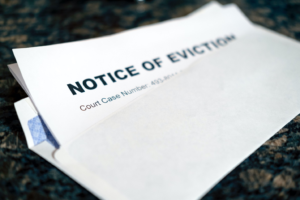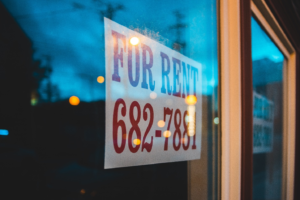Dealing with tenants who don’t pay rent can be a hassle for landlords. In some cases, the tenant may be experiencing financial difficulties and unable to pay their rent on time. Other times, the tenant may simply be trying to avoid paying the rent in an attempt to get out of their lease early. Whatever the reason, when a tenant doesn’t pay rent, the landlord may have to take legal action to recoup it.
This is why it’s essential to have a residential eviction expert so you can handle this situation without stress or the legal difficulty of initiating your eviction on your own. Here are some steps a landlord can take if they discover that a tenant has stopped paying rent:
Get In Touch With The Tenant
The landlord must first contact the tenant to find out why they haven’t been paying rent. Asking the tenant the reasons for non-payment is a good way to find out if they have a legitimate reason for not paying the rent or if they’re just trying to get out of their lease without paying any penalties.
If the tenants don’t have a valid reason for not paying the rent, the landlord needs to start collecting the money they are owed as soon as possible.
Talking to the Guarantor
If your tenant has a guarantor on their lease, you can reach out to them to ask them to pay the tenant’s rent arrears. In some cases, the guarantor may be able to cover the tenant’s rent payments and help to avoid an eviction. However, if the guarantor doesn’t have the money to pay the tenant’s rent, then it is unlikely that they will be able to pay the full amount of the unpaid rent, and you will need to get a court order to have the guarantor cover the arrears.
Eviction Proceedings
If all else fails, you can hire a tenant eviction service in the UK and help regain possession of your rental property. You can do so by issuing your tenant with an eviction notice stating that they must leave the property by a certain date or face possible eviction.
Section 8 Notice
By not paying the rent, the tenant has broken the terms of their lease. This means the landlord can issue the tenant a Section 8 notice to break the lease and begin legal proceedings for eviction. Once the tenant receives the notice, they must either pay the outstanding rent or vacate the property by the date stated in the notice.
Section 21 Notice
Serving a Section 21 notice means that the landlord intends to end the tenancy. This notice can be served without giving any reason. However, the landlord must have met all the obligations in the agreement.
If you’re looking for a residential eviction specialist in the UK, you’ve come to the right place! At Landlord Assist, we offer tenant eviction services and landlord legal services. Whether you need help issuing a Section 21 notice or a Section 8 notice, we can help!
Get in touch today!








